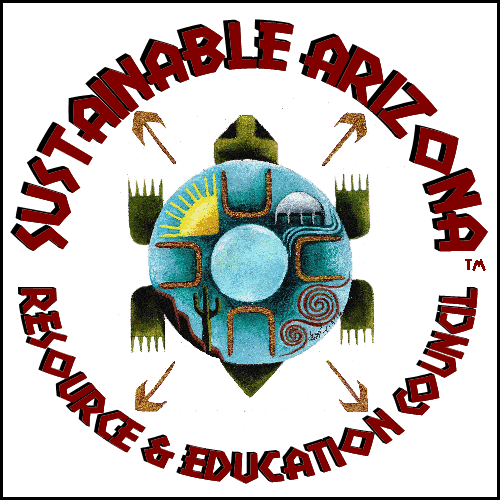MIT has a project to focus collaboration on addressing climate change. Check out the website. There are a bunch of proposals and conversations that are very interesting.
Objective
The goal of the Climate CoLab is to harness the collective intelligence of thousands of people from all around the world to address global climate change.
Inspired by systems like Wikipedia and Linux, the Massachusetts Institute of Technology (MIT) Center for Collective Intelligence has developed this crowdsourcing platform where citizens work with experts and each other to create, analyze, and select detailed proposals for what to do about climate change.

Approach
Anyone can join the Climate CoLab community and participate. Community members are invited to submit and comment on proposals outlining ideas for what they think should be done about climate change. In some contests, members create proposals for specific kinds of actions such as generating electric power with fewer emissions or changing social attitudes about climate change. In other contests, members combine ideas from many other proposals to create integrated climate action plans for a country, a group of countries, or the whole world. Experts evaluate the entries and pick finalists, and then both experts and community members select the most promising proposals. For more, see Contest phases.

Quantifying Impact
To keep proposals grounded in physical reality, members can work with tools on the platform and a specialized team of emission modelers to estimate the impact their proposals could have on greenhouse gas emissions. In the global plan contest For more, see assessing impact.
Activity to date
As of November 2015, more than 400,000 people from all over the world have visited the Climate CoLab site, nearly 50,000 have registered as members and over 1,500 proposals have been submitted. In addition to members of the general public, the community includes over 200 experts on climate change and related topics who serve as Advisors, Judges, and Fellows. Membership has tripled each year, the White House Climate Data Initiative has recognized the project, and media outlets such as the BBC, NPR, PBS, Boston Globe, UK Guardian, Discovery, Weather Channel, and Popular Science have featured it.
The 2015 activities included 15 contests on a range of topics from how to reduce emissions from electric power generation to how towns can adapt to changes brought on by climate change. Nearly 400 proposals were submitted, and winning proposals came from US, India, Ghana, Austria, Chile, Kenya, and other countries. Winning ideas included (a) an inexpensive passive solar tracker that also generates clean water, (b) empowering young students in India to help their parents make smart energy choices, and (c)a policy mechanism to track, account for and reduce emissions caused at sea.
In 2014, the Climate CoLab began pilot-testing tools with which community members combine different ideas from many different proposals to create and assess climate strategies for the entire world. In 2015, this approach was expanded to include six regions of the world, including the United States, Europe, China, and India, as well as the world as a whole.
Winning teams in previous years presented their ideas in briefings at the United Nations in New York and the US Congress in Washington, DC. In 2013, 2014 and 2015, winners met with relevant experts and potential implementers at the Climate CoLab Conferences each with over 800 attendees (in person and online). 2015 Climate CoLab winners received a special invitation to attend selected sessions at MIT’s Solve conference, free of charge. At this gathering, many of the world’s leading technologists, philanthropists, business leaders, policy makers, and social change agents were challenged to help solve the most difficult questions of our time.
For more, see History of the Climate CoLab.
What organizations are involved?
The Climate CoLab is a project of the MIT Center for Collective Intelligence. Funding has come from the National Science Foundation, corporate sponsors of the MIT Center for Collective Intelligence, the Argosy Foundation, the MIT Energy Initiative, and the MIT Sloan Sustainability Initiative. The last two of these organizations, along with the MIT Joint Program on the Science and Policy of Global Change, helped organize the Climate CoLab Conferences.
Many Climate CoLab contests have been conducted in collaboration with NGOs (American Geophysical Union, Carbon War Room, the Elders, ICLEI—Local Governments for Sustainability, Third Way, Union of Concerned Scientists, and World Green Building Council), companies (Nike), and government entities (World Bank; National Oceanic and Atmospheric Administration; and the Cities of Boulder, Colorado; Cambridge, Massachusetts; and Somerville, Massachusetts). For a full list of collaborating organizations, see Sponsors/collaborators.
Outcome
By constructively engaging a broad range of scientists, policy makers, business people, investors, and concerned citizens, we hope the Climate CoLab will help to develop, and gain support for, climate change plans that are better than any that would have otherwise been developed.

